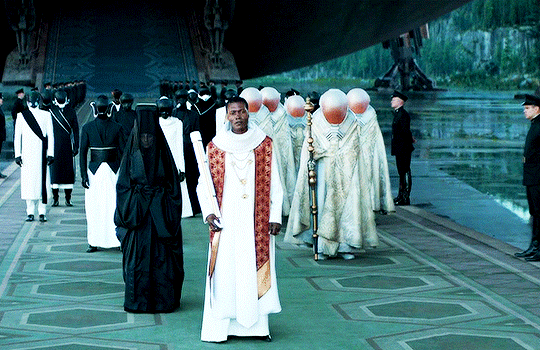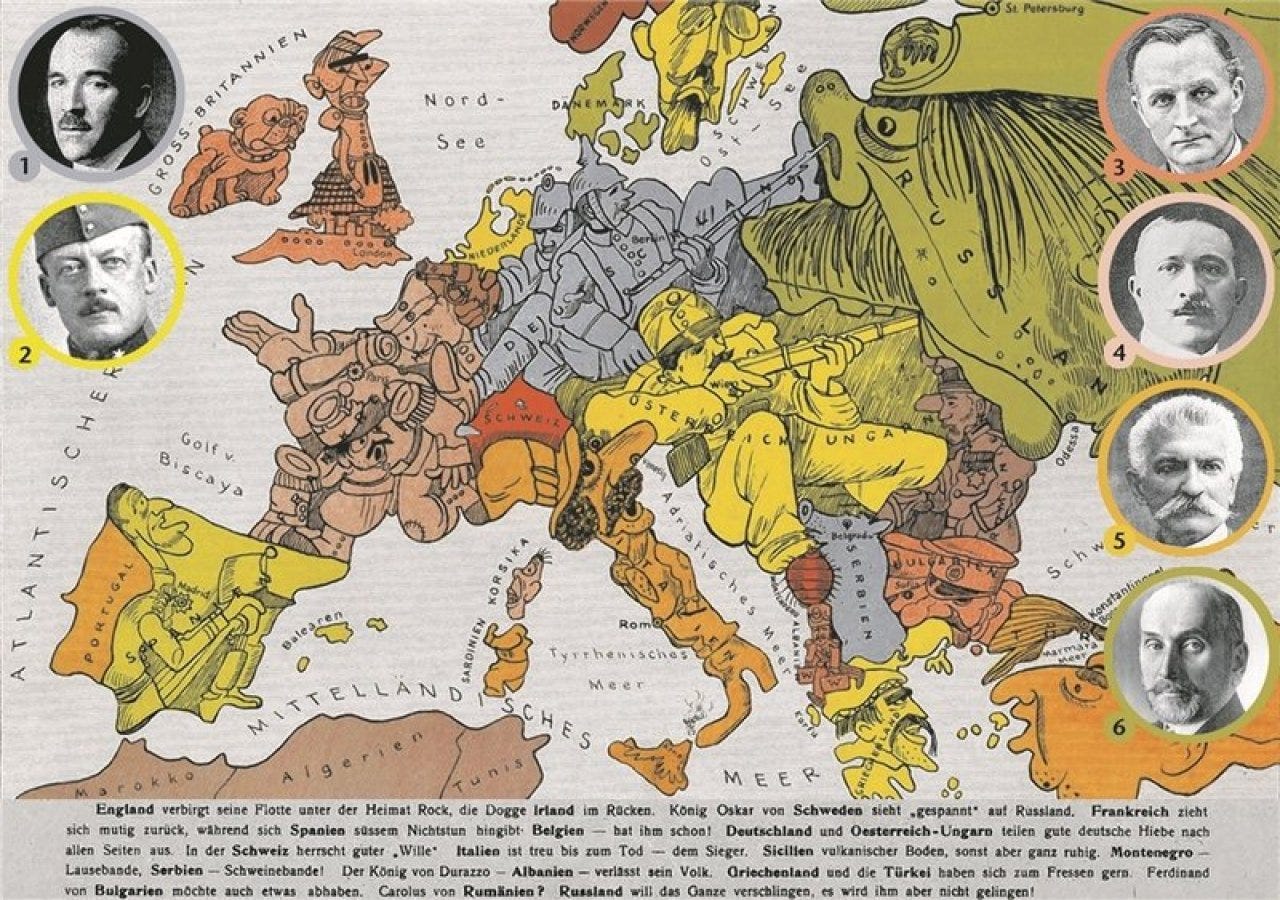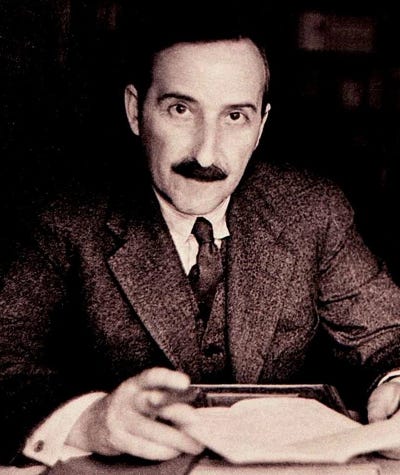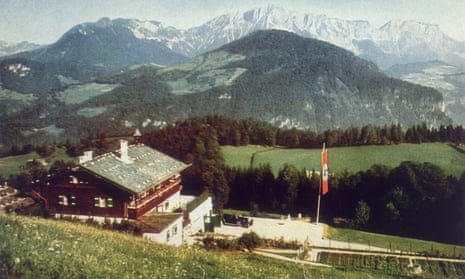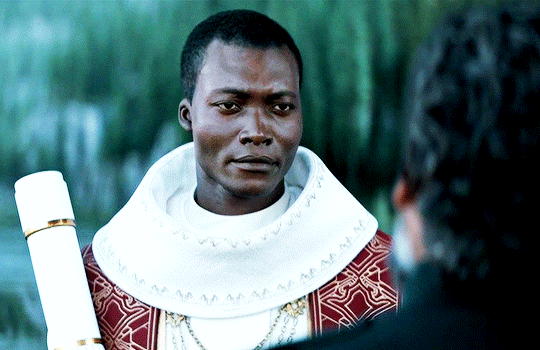Herald of the Change
“It is impossible to live in the past, difficult to live in the present and a waste to live in the future.” ― Frank Herbert
In the 2021 movie adaptation of Frank Herbert’s Dune, the call to adventure arrives in the form of an imperial dignitary, the so-called Herald of the Change (an amazing scene and score, I get goosebumps every time).
The imperial delegation descends from its spaceship and the Herald delivers the Emperor’s proclamation to House Atreides.
By the grace of Shaddam IV of House Corrino, ascendant to the Golden Lion Throne of Padishah Emperor of the Known Universe, I stand before you as Herald of the Change. We are witnessed by members of the Imperial Court, representatives of the Spacing Guild and a sister of the Bene Gesserit.
The Emperor has spoken. ‘House Atreides shall immediately take control of Arrakis and serve as its steward.’ Do you accept?
“We are House Atreides,” Duke Leto Atreides replies.
There is no call we do not answer. There is no faith we do betray. The Emperor asks us to bring peace to Arrakis. House Atreides accepts.
And so the adventure begins.
Every story starts with a call. Sometimes it’s subtle. Other times it walks right up to you and announces that the course of your life is about to change forever.
The World of Security
In his memoir The World of Yesterday Austrian writer Stefan Zweig recalled the summer of 1914 which he spent on vacation in Belgium. He was sitting in a café when news of the assassination of the Austrian Archduke reached the town.
“I suddenly stopped reading,” he wrote, “when the music broke off abruptly.” The band had stopped playing. It was a moment when, literally, the music stopped.
On June 29, 1914, in Sarajevo, the shot was fired which in a single second shattered the world of security and creative reason in which we had been educated, grown up and been at home – shattered it like a hollow vessel of clay.
After a moment of shock, life returned to normal. The band resumed playing. Laughter and chatter returned. Zweig continued his vacation. For “what did the dead Archduke in his catafalque have to do with my life?”
The summer was beautiful as never before and promised to become even more beautiful – and we all looked out upon the world without a care.
Even as the drumbeat of mobilization and saber rattling rose, Zweig and many others remained relaxed.
One has to be prepared. They say that in case of war the Germans intend to invade us. “Out of the question!” I said with honest conviction, for in that old world one still believed in the sanctity of treaties.
Zweig’s mind was anchored in an era of order and security. Born in 1881, he later called the time before the first World War the first of his three lifetimes. Pre-war Europe had been a “Golden Age of Security.” Vienna, his hometown and capital of Austro-Hungary, was cosmopolitan and optimistic, but also self-indulgent. Zweig was born into a wealthy industrialist family and embraced the city’s obsession with music, literature, and theater.
In this world “everything stood firmly and immovably in its appointed place.” It was simply unimaginable to him that the existing order could collapse within a few years.
At last, “one sensed the serious situation” and “an icy wind of fear blew over the beach and swept it bare. People by the thousands left the hotels and stormed the trains, and even the most optimistic began to pack their bags with speed.”
Zweig left Belgium the night before the German invasion. As his train passed the German border, it was held up and stopped in the middle of an open field. Zweig rushed to the window.
In the darkness I saw one freight train after another coming towards us, open cars covered with tarpaulins, under which I thought I could indistinctly see the threatening outlines of cannon. My heart missed a beat. It could be nothing but the advance of the German army.
The unthinkable had become reality. Zweig returned to Vienna. It was the beginning of the second of his lifetimes. By the end of the war, the “great and mighty empire” into which he had been born, along with its ruling Habsburg monarchy, had been “swept away without trace.”
The Danger of Denial
After the war, Zweig moved to Salzburg where he continued his work as a writer and biographer. Having seen his life disrupted once, he now paid close attention to politics, society, and the economy. His visits of fellow writers and artists across Europe sharpened his perception of its wounded societies.
In Austria and Germany he witnessed how hyperinflation undermined the state.
I have known days when I had to pay fifty thousand marks for a newspaper in the morning and a hundred thousand in the evening; whoever had foreign currency to exchange did so from hour to hour, because at four o’clock he would get a better rate than at three, and at five o’clock he would get much more than he had got an hour earlier.
Zweig believed that this changed “all values, not only material ones” and created a disregard for laws, traditions, and moral codes. Excess and escapism took hold and “Berlin was transformed into the Babylon of the world.” Underneath it all, after years of economic malaise, “the whole nation longed for order, quiet, and a little security.” The Germans, he believed, “did not know what to do with their freedom” and secretly hated the republic.
The war, murderous as it was, had yet yielded hours of jubilation, with ringing of bells and fanfares of victory. And, being an incurably militaristic nation, Germany felt lifted in her pride by her temporary victories; while the inflation served only to make it feel soiled, cheated, and humiliated; a whole generation never forgot or forgave the German Republic for those years and preferred to reinstate its butchers.
From his house in Salzburg, Zweig was able to observe across the border “the Berchtesgaden mountain on which Adolf Hitler’s house stood.”
This proximity to the German border, however, gave me an opportunity to judge the threat to the Austrian situation better than my friends in Vienna.
Zweig observed the actions of fascist paramilitaries in Italy and Germany. His diagnosis of German society in hand, he realized that the peaceful days of his second lifetime were coming to an end. Zweig moved to England.
Then came the Reichstag fire, parliament disappeared, Goering let loose his hordes, and at one blow all of justice in Germany was smashed.
In 1938, Austria became part of Germany and Zweig’s hometown Vienna, “the two-thousand-year-old super-national metropolis,” was “degraded to a German provincial city.”
Watching the rise of Nazi Germany from England, Zweig struggled to make his voice heard. English leaders were “committed by the democratic tradition of centuries to government by law.” In contrast, “the new Germany scrapped all the rules of the game of intercourse between nations under international law, whenever it suited her purpose.”
English leaders, Zweig assessed, were unprepared to deal with Hitler’s “new technique of conscious cynical amorality.” They misunderstood their opponent and did not realize that the rules of the game had changed. Like a frog in slowly heating water, they did not realize the grave danger they faced.
Hitler has achieved nothing more ingenious than this technique of slowly feeling his way and increasing pressure with accelerating force against a Europe that was waning morally and soon also militarily.
While Zweig observed the impending change clearly, many of his contemporaries remained ignorant. They refused to discard the old models of the world that had served them so well. Zweig was frustrated but could understand why, noting that “one cannot easily dispose of thirty or forty years of deep faith in the world inside of a few brief weeks.”
Radical change is deeply uncomfortable and can create enormous cognitive dissonance. We intuitively meet it with resistance and denial. We don’t want to leave the world of security.
Do You Accept?
Let’s revisit Dune once more. To the chants of his soldiers, Leto Atreides imprints his seal on the emperor's proclamation. The story is set in motion.
Leto turns to the Herald: “So … it's done?”
“It’s done,” the Herald answers.
Notice what happened. The Herald asked only one question: do you accept?
He didn’t ask: do you feel ready? Have you prepared? How do you feel about this?
As viewers we know the scene’s tragic implications. We know that Leto seals the fate of his House and family. We know how much strength it takes to face destiny with dignity. We can relate to the courage of accepting one’s role as the wheels of history are set in motion.
There was no escape for our generation, no standing aside as in times past. — Stefan Zweig
Revolutionary Times
George Soros was born in 1930, in another corner of the former Austro-Hungarian empire, Budapest. The defining moment of his young life came in 1944, when German troops occupied the country.
Keep reading with a 7-day free trial
Subscribe to Frederik's Age of Alchemy to keep reading this post and get 7 days of free access to the full post archives.




